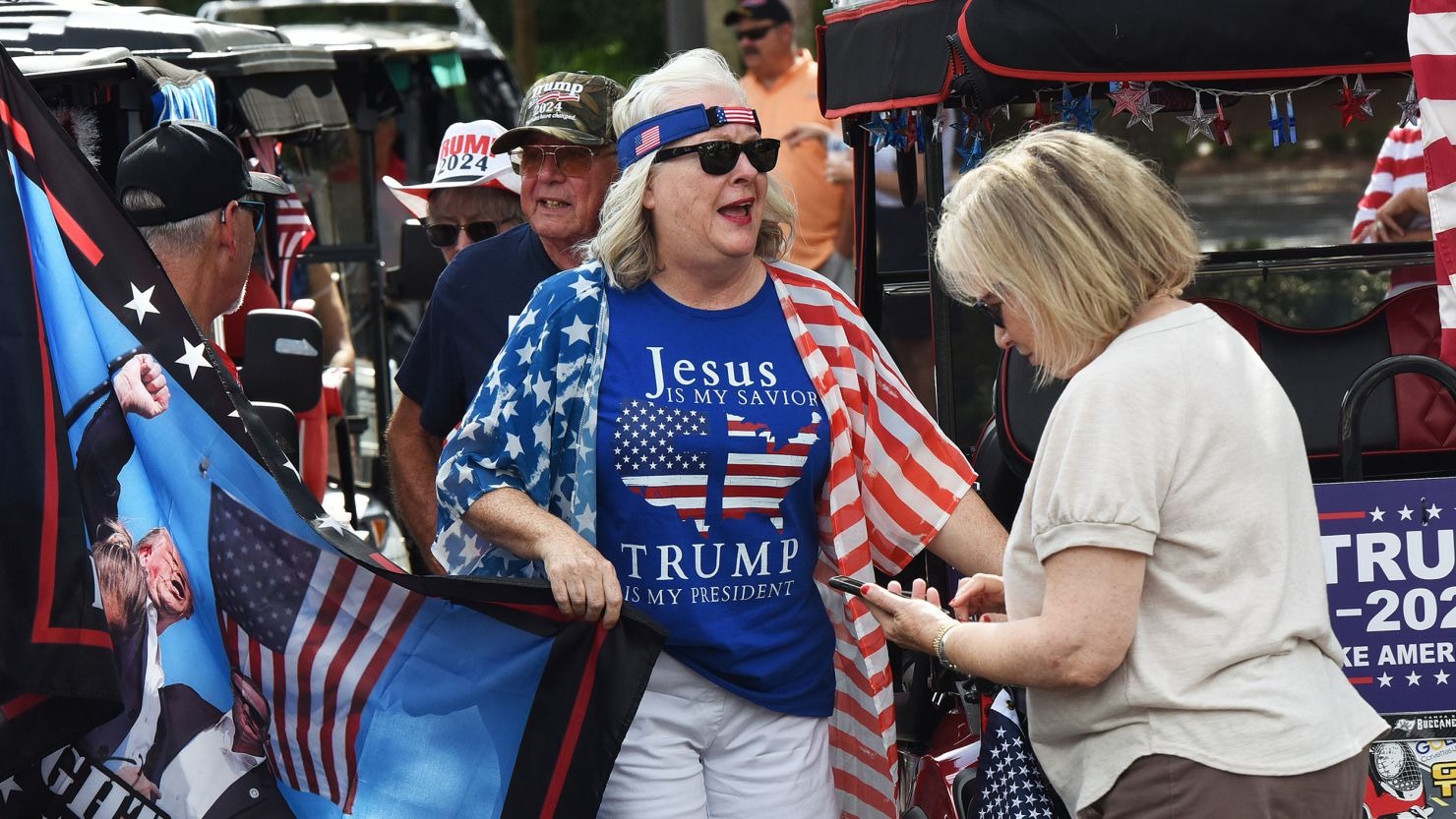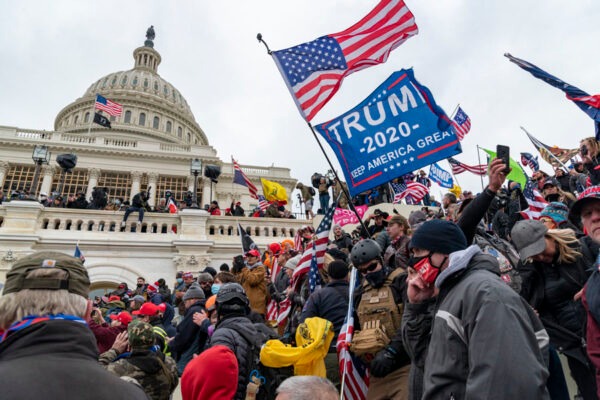Donald Trump’s potential return to the Oval Office could mark a pivotal moment for White Christian nationalism, a movement that blends religious rhetoric with nationalism. With Trump’s presidency, this ideology may gain unprecedented influence, reshaping American politics, education, and society. But what does this mean for democracy and the nation’s future?
What is White Christian Nationalism?
White Christian nationalism intertwines Christian religious beliefs with political ideologies centered on nationalism. Scholars describe it as a framework that justifies exclusionary policies using religious language.
- Historical Roots: The movement traces its origins to early American history, linking religious fervor with political power.
- Modern Visibility: White Christian nationalism became a defining feature of events like the January 6 Capitol insurrection, where Christian symbols and slogans were widely used.
-

How White Christian Nationalism Could Reshape US
How Trump Empowers the Movement
Donald Trump has positioned himself as a champion of White Christian nationalist ideals. During his campaigns and presidency, he invoked Christian nationalist themes to rally support.
- Evangelical Backing: Trump secured over 80% of White evangelical voters in the 2024 election, solidifying his alliance with the movement.
- Christian Nationalist Rhetoric: Trump’s promises to “restore preachers’ power” and fight “anti-Christian bias” resonated with these voters.
White Christian Nationalism Key Policy Impacts Under Trump’s Second Term
1. Education: A Battleground for Ideology
Public education is a primary target for White Christian nationalists, who seek to align curriculums with their religious and cultural vision.
- Eliminating Federal Oversight: The Department of Education could be dismantled, emphasizing local control over schools.
- Curriculum Changes: Anti-“woke” policies may strip critical race theory, gender studies, and LGBTQ+ topics from classrooms.
- Book Bans: Progressive or inclusive literature could face widespread censorship.
2. Redefining Civil Rights
White Christian nationalists aim to reinterpret civil rights through biblical principles.
- LGBTQ+ Rights: Protections for same-sex marriage and gender identity could be rolled back.
- Reproductive Rights: Abortion and contraception access may face severe restrictions.
3. Immigration Policies
Immigration could be reshaped to prioritize individuals aligned with Christian nationalist ideals.
- Selective Entry: Immigration policies may favor those sharing the movement’s religious and cultural values.
White Christian Nationalism: Trump as a Transformational Leader

White Christian nationalists often view Trump as a divinely chosen figure. His survival of political scandals and challenges is seen by some as evidence of divine intervention.
- Militant Patriarchy: The movement promotes traditional gender roles, casting men as dominant leaders and women as submissive homemakers.
- Narrative of a “Christian America”: Trump embodies the vision of a nation governed by Christian principles.
Implications for American Democracy
Erosion of Religious Liberty
The movement’s definition of “religious freedom” often excludes non-Christian or progressive voices, creating a society with unequal rights.
White Christian Nationalism Could Reshaping History and Culture
Through education and public policy, White Christian nationalists may amplify their ideological narrative, sidelining inclusive and accurate historical accounts.
Challenges and Resistance
Internal Divisions and Governance Hurdles
The Christian nationalist and MAGA movements are not monolithic. Infighting and administrative incompetence could hinder their agenda.
Legal and Grassroots Pushback
Civil rights groups, progressive organizations, and grassroots activists are mobilizing to challenge policies that threaten inclusivity and democracy.
The Future of White Christian Nationalism
The movement’s future hinges on its ability to consolidate power and maintain public support. While its alliance with Trump provides a significant boost, long-term success is uncertain.
- Unlikely Regret: Scholars suggest that White Christian nationalists are unlikely to regret aligning with Trump, as his presidency furthers their goals.
- Impact on Non-Adherents: Those opposing Christian nationalism may face social ostracism and professional challenges in communities dominated by the movement.
Conclusion: A Transformational Era or a Divisive Future?
Donald Trump’s second term could bring profound changes to American society, driven by the rise of White Christian nationalism. While this movement seeks to institutionalize its vision of a “Christian America,” its exclusionary policies and erosion of democratic values raise significant concerns.
The nation must now grapple with critical questions about its identity: Will it embrace the pluralism that defines democracy, or will it succumb to an ideology that prioritizes religious dominance?